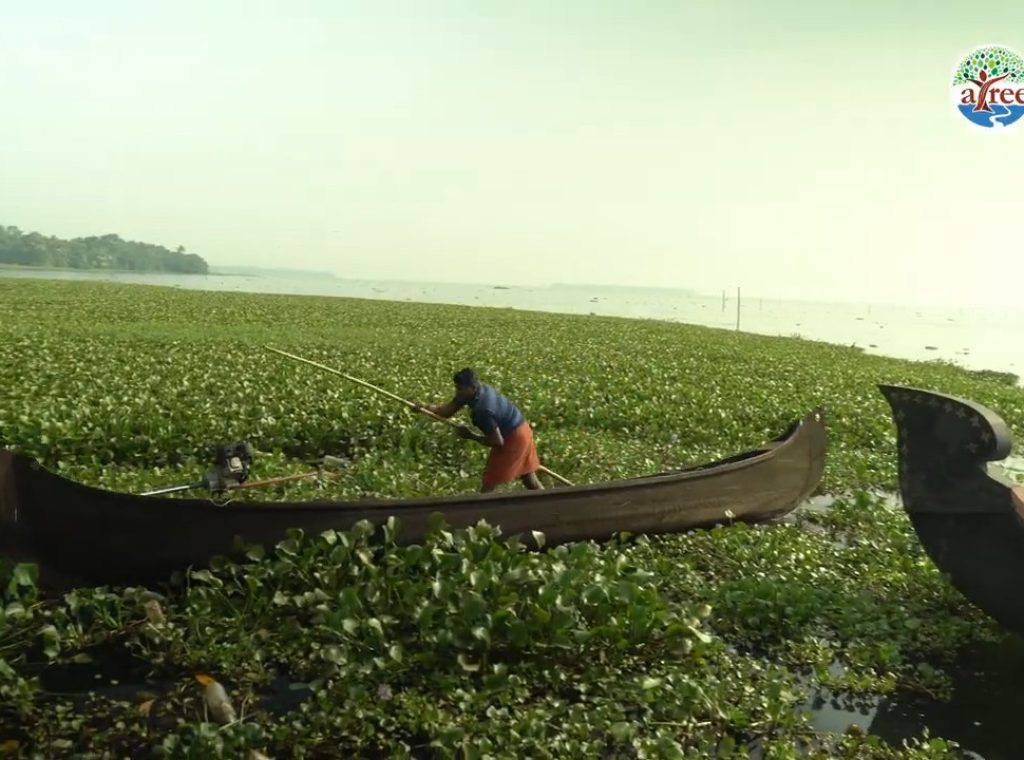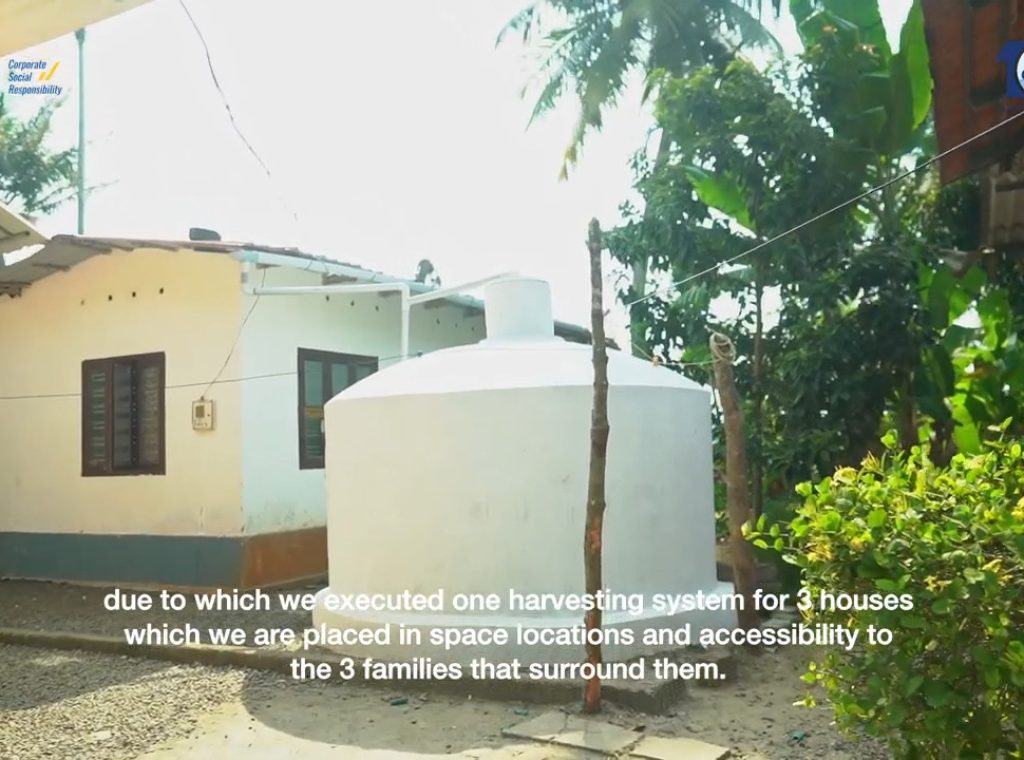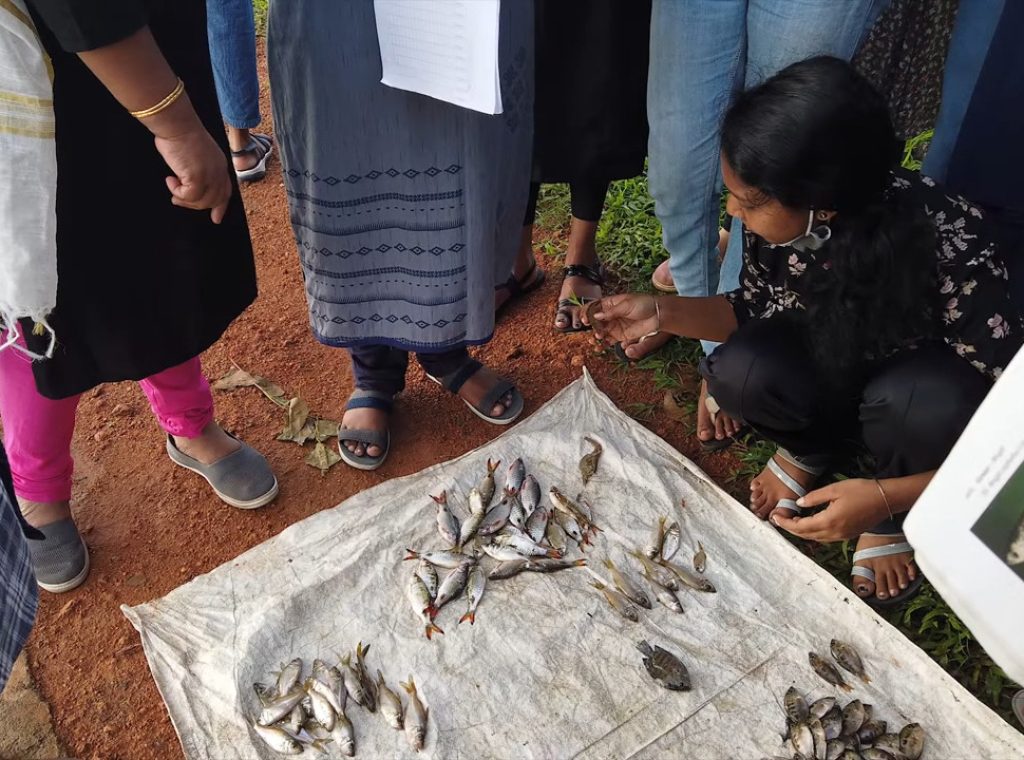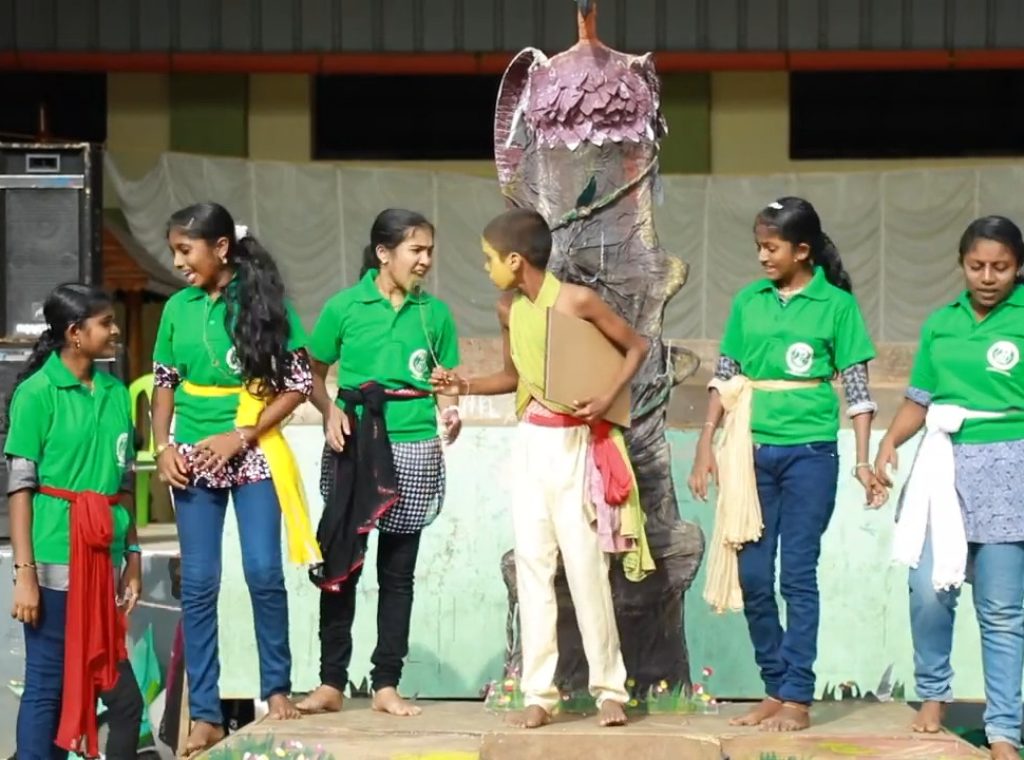The Vembanad CCC in Kerala, also called the Community Environmental Resource Centre (CERC), operates as a field academy of ATREE. Since its inception in 2007, CERC has been dedicated to upholding the principles of the Ramsar Convention regarding the wise use of wetlands. The centre has been actively working in the Vembanad region to enhance the capacities and strengthen institutional networks of local communities and stakeholders for managing the wetland sustainably.
Over the years, CERC has established partnerships with various government departments, academic institutions and civil society organisations. It has played a major role in conducting communication education and public awareness (CEPA) activities, forming inclusive institutions for sustainable livelihood promotion, empowering communities, managing natural resources and building people’s resilience to climate changes.
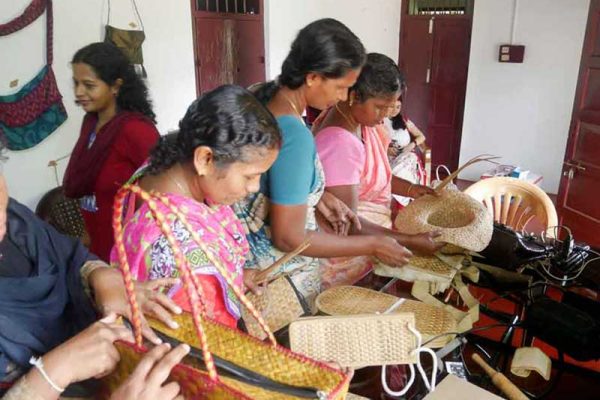
This vocational training hub for rural women focuses on innovating and creating eco-friendly products while developing alternative livelihoods. It emphasises on upcycling and the creation of products from invasive water hyacinths.
The Jalapaadom (Lessons on Water) programme is a habitat learning initiative designed to enhance the relationship between youth and their surroundings through wetland study centres in 50 partner schools in villages around Vembanad.
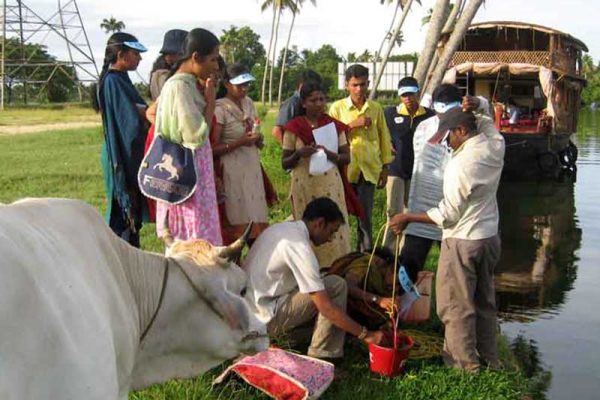
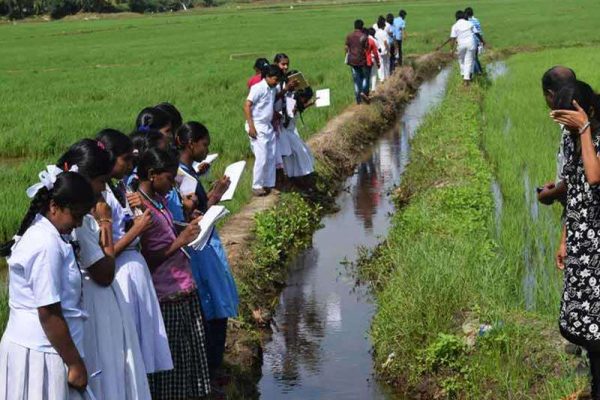
Lake protection forums are grassroots, democratic institutions that involve stakeholders in the governance and management of fishery resource. These forums utilise Traditional Ecological Knowledge (TEK) to maintain the health of the lake ecosystem.
CERC works with local administrations to manage waste scientifically, promoting segregation and upcycling. The centre facilitates the adoption of sustainable alternatives for menstruation practices and focuses on developing and adopting biopods for the disposal of household organic waste.
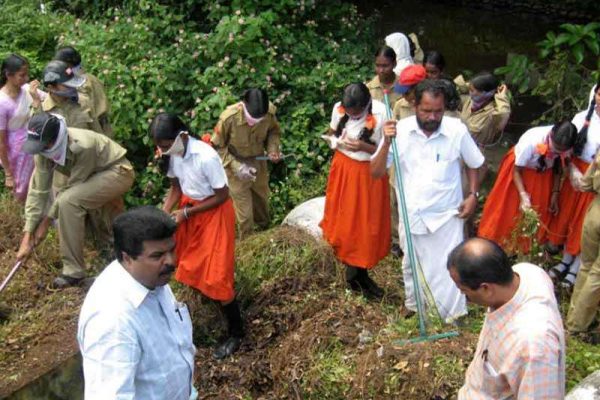
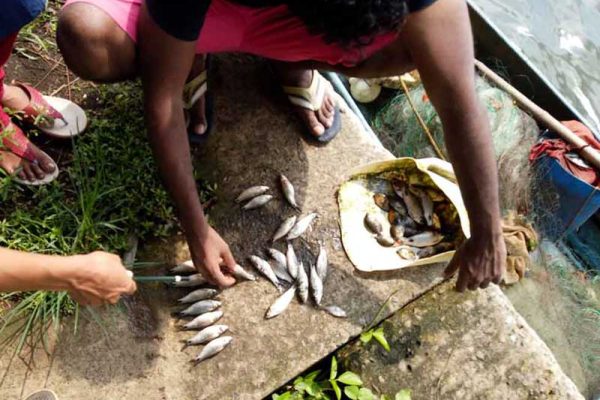
Lake health monitoring is conducted around the year, engaging local and fisher communities in initiatives such as water quality testing, resource mapping programmes and the annual fish count – the first participatory fish survey of its kind in the region.
